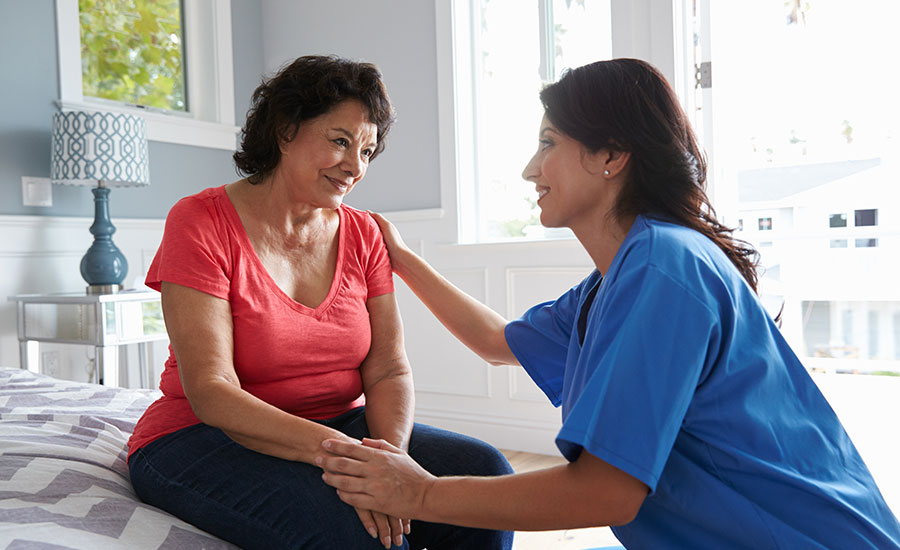Ways Seniors Can Be Proactive About Patient Safety

Whether in the hospital, assisted living, or at home, safety is a top concern. That means understanding potential risks and taking steps to reduce them. This does not fall solely to patients, but rather it is a combined effort from everyone involved in their care. Patient Safety Awareness Week is held every March and is a great time to promote safer practices.
Here are just a few ways that seniors can be more involved:
Speak up about your health. No one knows you better than you know yourself. You know your body, your experiences, and your medical history. While you may not remember every detail with perfect clarity, self-advocacy is a good place to start.
Let providers know about any changes in your health or symptoms you’re experiencing. It may not seem that important to you, but it may be meaningful to your doctor and enable them to address concerns more quickly and effectively.
Perhaps when you were brought to the hospital you didn’t have your walker or cane, but letting your care team know that you normally use a mobility device can help them be more aware about putting proper safety precautions in place to reduce risk of falls.
Keep a list of medications you take on hand that includes the name of the drug, how much you take, when you take it, why it was prescribed, and who prescribed it. All of this information should be in your medical record, but errors do occur, so being prepared can be advantageous.
Stay involved in communication. It’s your health, so you should be actively engaged in discussions with your healthcare providers. Write down questions you have so you don’t forget to ask. If something doesn’t get answered, follow up. Verify that the information you heard or have written down is correct.
You may see multiple doctors, so when they come to your room or call on the phone, confirm that you are both on the same page and talking about the same issue. If something doesn’t make sense or seems to conflict with previous information, ask for clarification.
Ask for help. You don’t have to do everything on your own. Use the call button from your hospital bed to ask for assistance with reaching something, changing positions, or getting out of bed. If you’re being discharged back home, ask about receiving in-home care while you recover and regain your independence.
Having a trained professional come to your home to assist with mobility, safety supervision, grooming, meal preparation, light housekeeping, medication reminders, and more can be invaluable. It can reduce some of the pressure you feel to keep on top of everything yourself and enable you to focus on getting better.
Always Best Care Calgary can create a personalized home care plan that fits your needs and can be adjusted as the level of care you require changes. Be proactive about your safety and well-being by contacting us today at (403) 768-4454 to schedule a care consultation.





